Click here and press the right key for the next slide.
(This may not work on mobile or ipad. You can try using chrome or firefox, but even that may fail. Sorry.)
also ...
Press the left key to go backwards (or swipe right)
Press n to toggle whether notes are shown (or add '?notes' to the url before the #)
Press m or double tap to slide thumbnails (menu)
Press ? at any time to show the keyboard shortcuts
Do cultural differences in moral psychology explain political conflict on climate change?
Plan:
Work through Feinberg & Willer, 2013 ‘The Moral Roots of Environmental Attitudes’
The story so far ...
1. ‘Moral convictions and the emotions they evoke shape political attitudes’
2. There are at least two fundamental domains of human morality, including harm and purity.
3. ‘liberals and conservatives possess different moral profiles’
‘believers [in climate change] are more likely than skeptics to report that they intend to behave in climate-friendly ways (r = .32) but on actual behaviors the difference is modest (r = .17).’
In other words, knowing whether people are skeptics or believers tells you surprisingly little about their willingness to engage in actions that matter’
‘For example, the difference between believers and skeptics in terms of their willingness to put a price on carbon is relatively small (r = .20)’
(Hornsey & Fielding, 2020, p. 21).
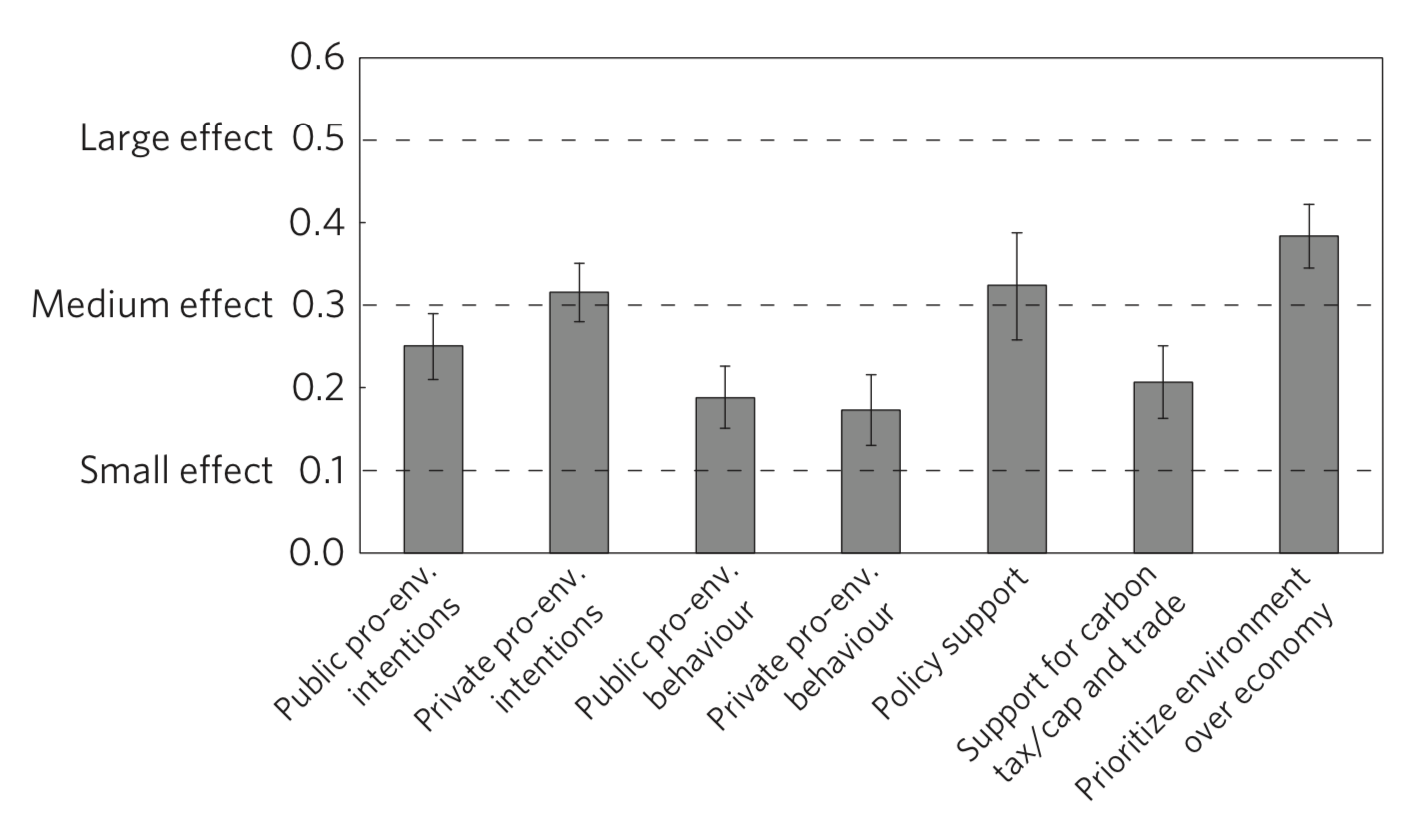
Hornsey, Harris, Bain, & Fielding (2016, p. figure 3)
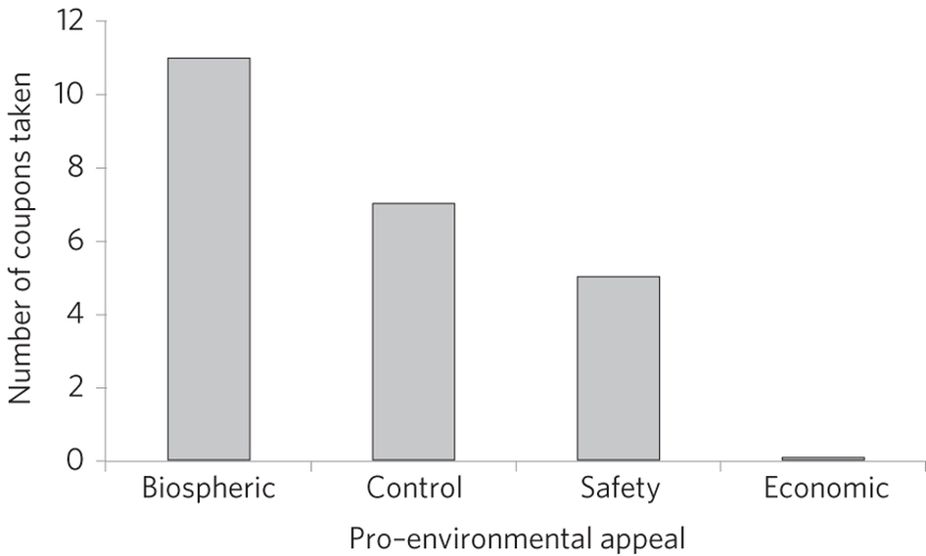
Bolderdijk et al, 2013 figure 1
The story so far ...
1. ‘Moral convictions and the emotions they evoke shape political attitudes’
2. There are at least two fundamental domains of human morality, including harm and purity.
3. ‘liberals and conservatives possess different moral profiles’
4
‘we hypothesized that liberals express greater levels of environmental concern than do conservatives in part because liberals are more likely to view environmental issues in moral terms’
Feinberg & Willer, 2013 p. 2
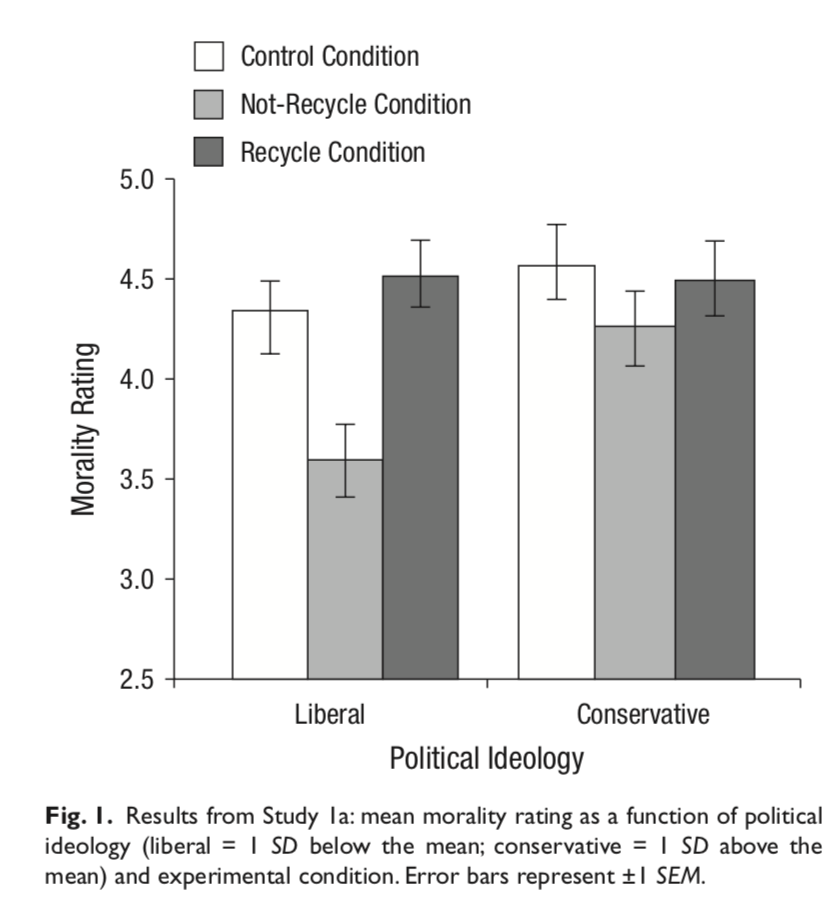
Feinberg & Willer, 2013 figure 1
4
‘we hypothesized that liberals express greater levels of environmental concern than do conservatives in part because liberals are more likely to view environmental issues in moral terms’
Feinberg & Willer, 2013 p. 2
‘A mediation analysis (Preacher & Hayes, 2008) revealed that perception of the environment as a moral issue was a significant partial mediator of the relationship between liberalism and environmental attitudes’ (Feinberg & Willer, 2013, p. 3).
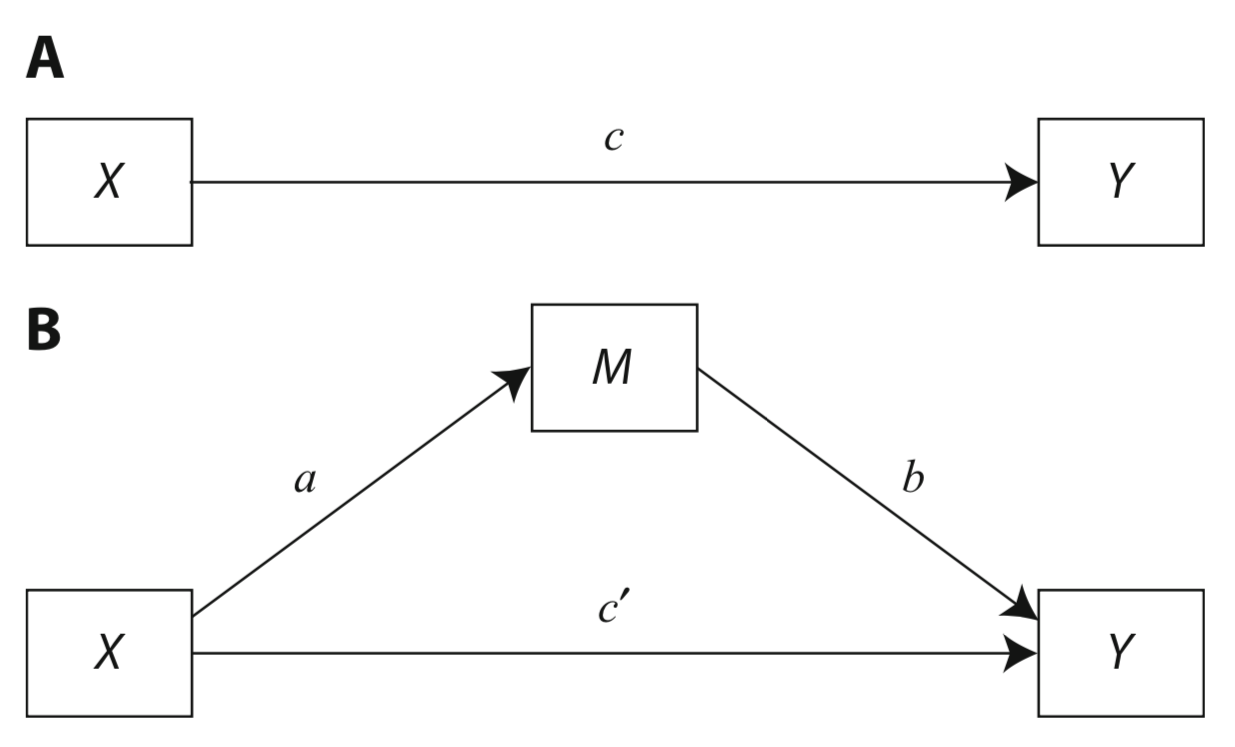
Preacher & Hayes (2008, p. figure 1)
4
‘we hypothesized that liberals express greater levels of environmental concern than do conservatives in part because liberals are more likely to view environmental issues in moral terms’
Feinberg & Willer, 2013 p. 2
beyond the US?
Study 1b: ‘Four hundred seventy-six undergraduate students (138 male, 338 female) participated in Study 1b for course credit.’
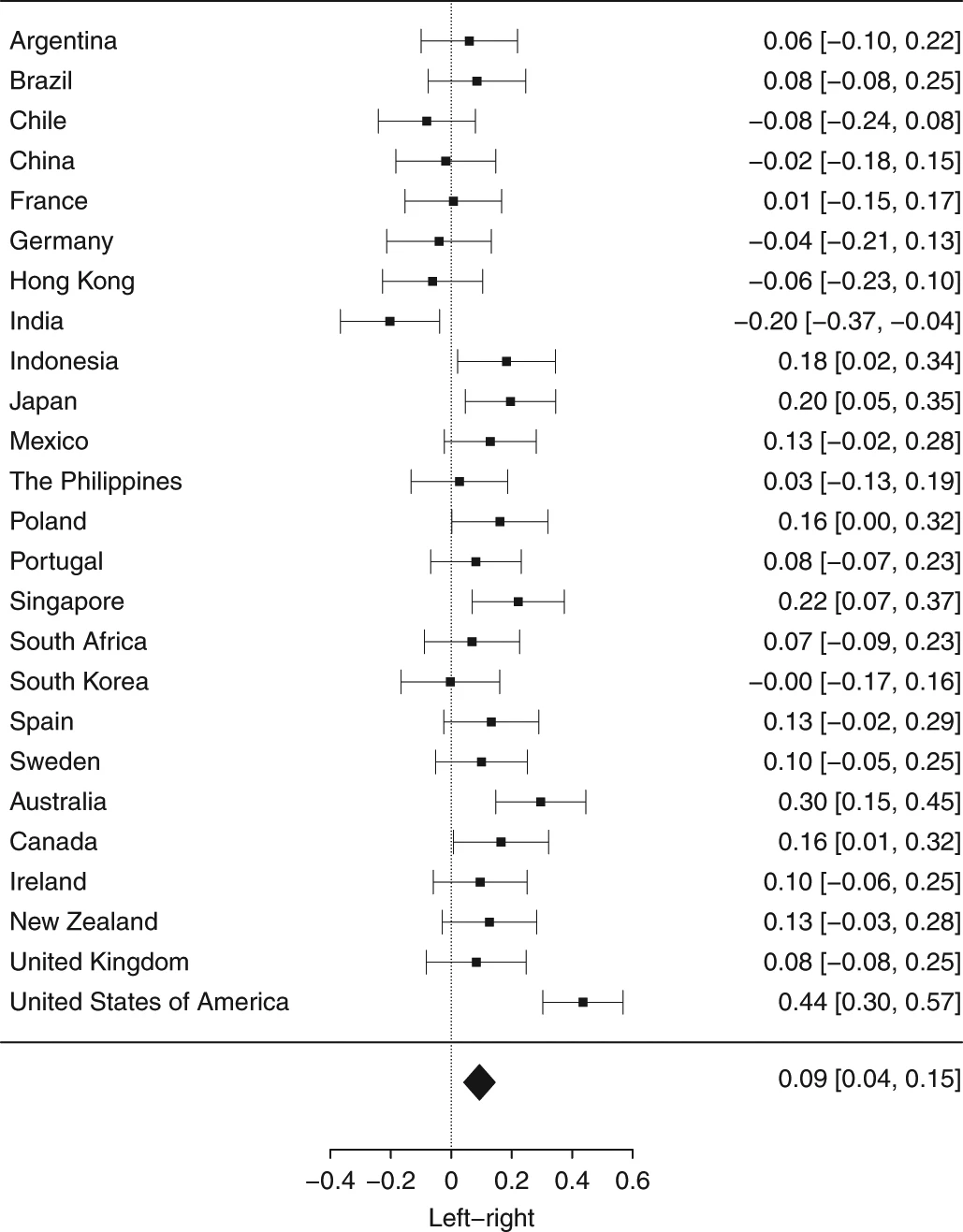
Hornsey, Harris, & Fielding (2018, p. figure 2)
‘in roughly three quarters of countries the relationship between political conservatism and climate skepticism was so weak as to be statistically nonsignificant’ (Hornsey & Fielding, 2020, p. 8)
Four European Countries
Doran et al. (2019) -- covered in *Do Ethical Attitudes Shape Political Behaviours?*
‘individuals with strong moral concerns about climate change tend to be more likely to support climate policies.
moral concerns turned out to be substantially more important than consequence evaluations, explaining about twice as much of the variance.’
New Zealand
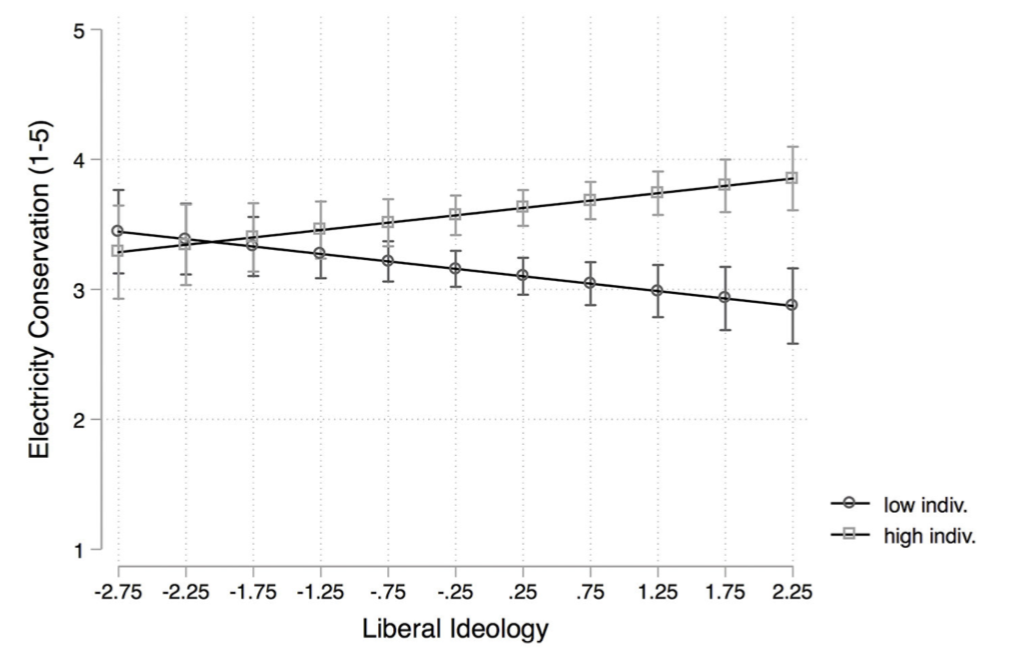
Milfont et al. (2019, p. figure 1)
4
‘we hypothesized that liberals express greater levels of environmental concern than do conservatives in part because liberals are more likely to view environmental issues in moral terms’
Feinberg & Willer, 2013 p. 2
